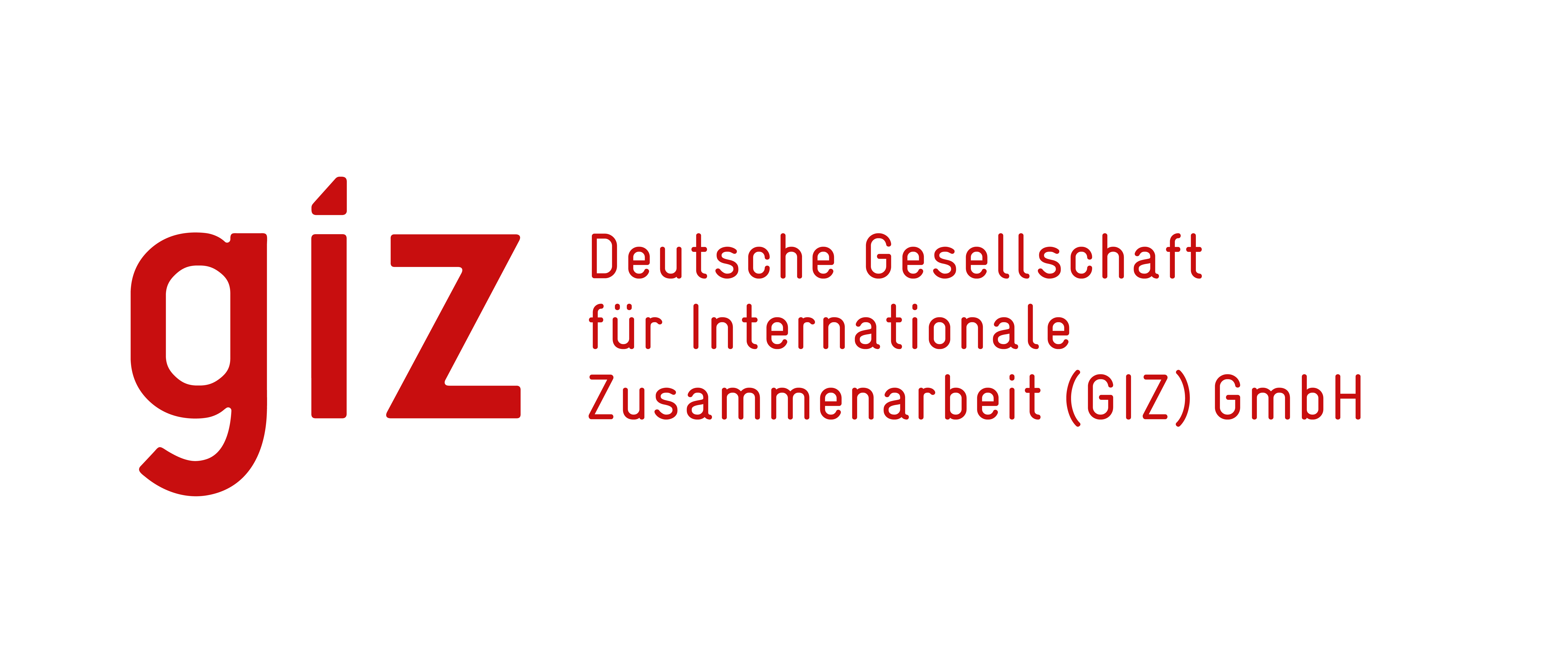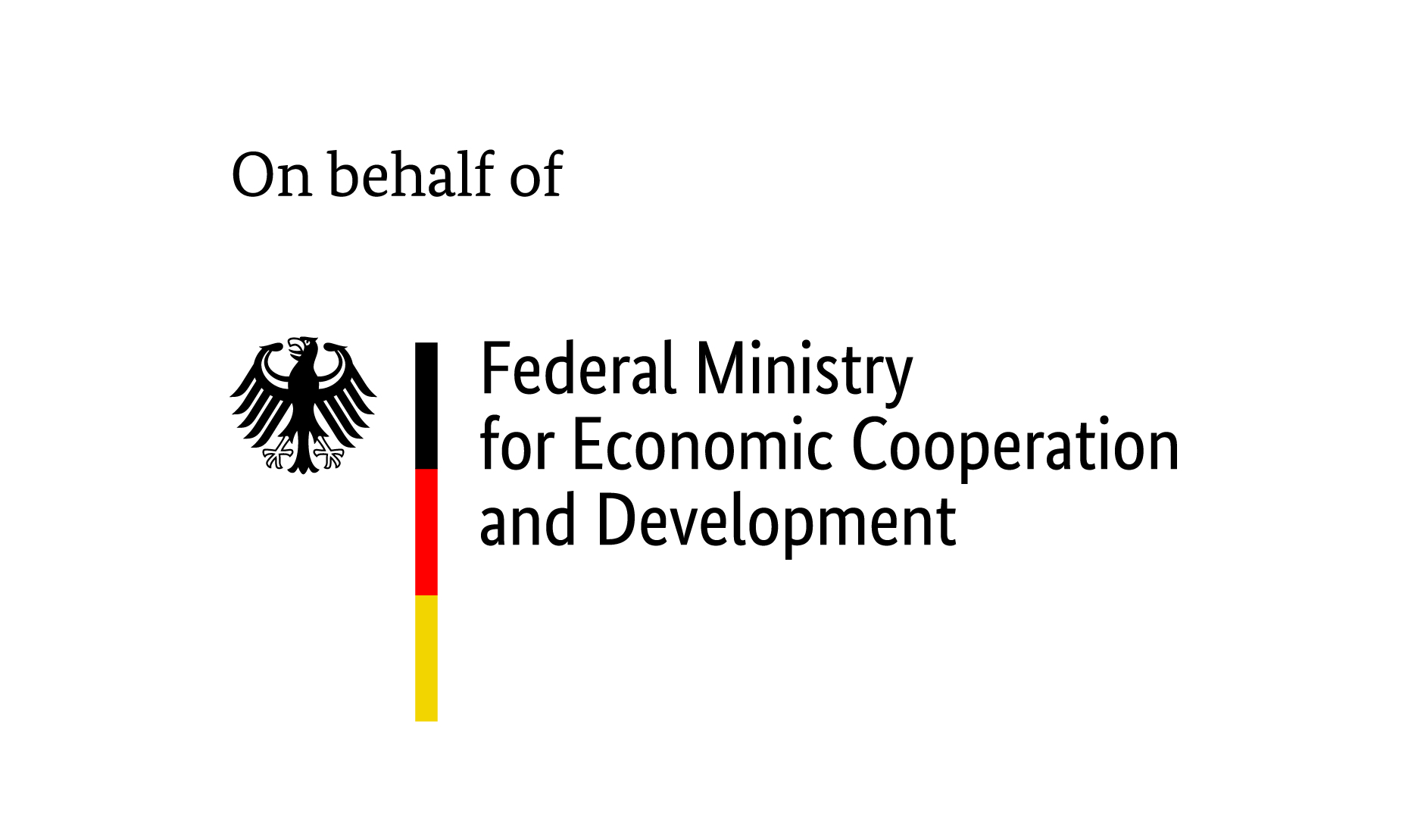
Financial inclusion programmes must be designed to ensure that women can act with financial independence
Read “Designing financial services and social protection programmes to enhance women’s economic empowerment” by Mikaela Rabb and Wei Chang here.
Policies which provide financial resources in low-middle income countries – especially targeting women – are thought to increase financial independence for their beneficiaries, but evidence suggests otherwise. The link between these programmes and an increase in women’s financial independence rests on two crucial assumptions: first, that increased access to financial resources will increase their income; and second, that women have control over household financial decision-making. If these assumptions do not hold, the programmes have limited effects on women’s economic empowerment.
In this VoxDevTalk, Mikaela Rabb discusses insights from a review of over 30 studies in low-middle income countries such as Kenya, Mexico, and Uganda, encompassing different types of interventions such as randomised controlled trials, conditional cash transfers, and graduation-style interventions. The review shows that access to financial resources and services does not consistently improve women’s economic empowerment, partially due to restrictive gender norms and household dynamics that limit women’s ability to make financial decisions. However, specific design features within some programmes – such as direct deposits or mobile payments – did enable greater control over financial resources. This suggests that policymakers delivering financial inclusion should consider adapting design features to contexts where women lack financial control in order to maximise the impact of these programmes.



